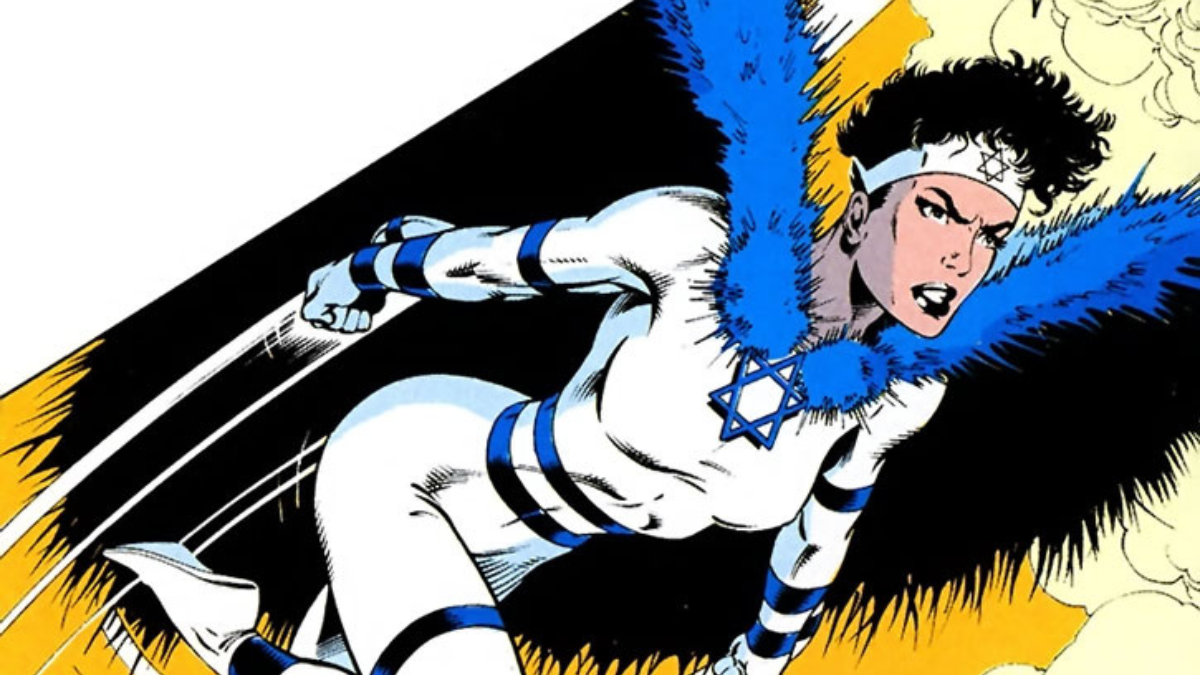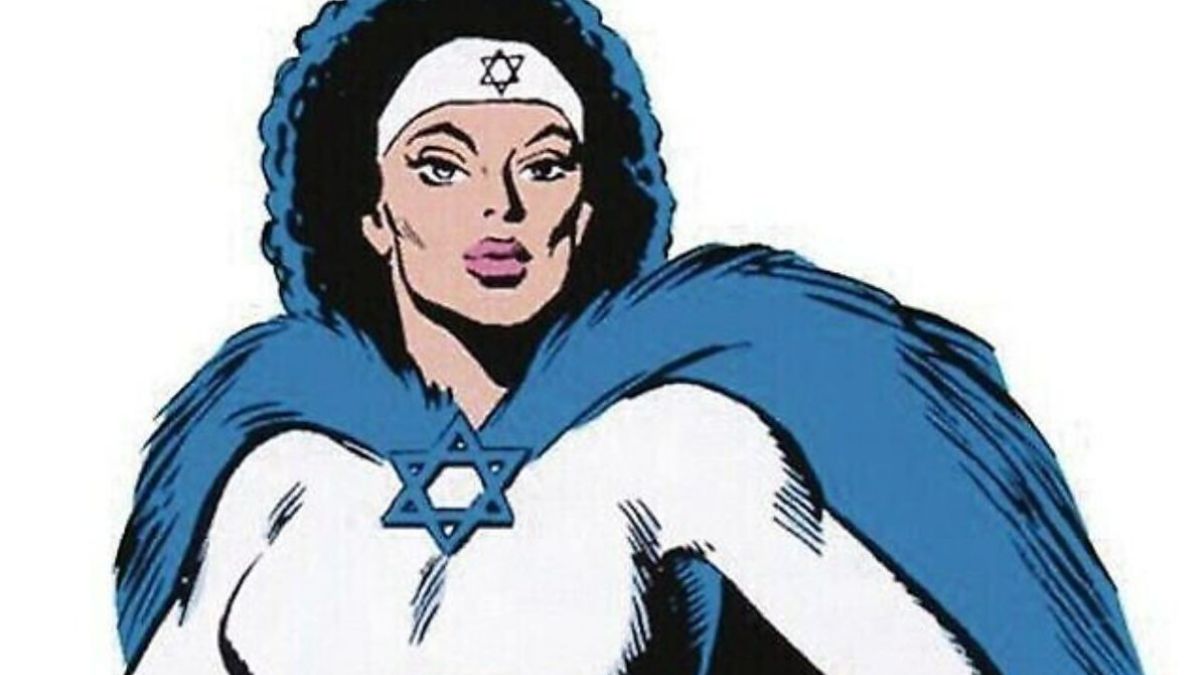Even before the release of Captain America: Brave New World, the inclusion of superhero Sabra in the Marvel Cinematic Universe has been stirring controversy.
Sabra’s journey from comic book pages to the silver screen has been anything but smooth. In her original incarnation, Sabra was depicted as a superpowered agent of Mossad, Israel’s national intelligence agency. This portrayal immediately placed the character at the center of the Israeli-Palestinian conflict, a deeply sensitive issue that has persisted for decades.
Who is Sabra in Marvel Comics?

Sabra was created by writer Bill Mantlo and artist Sal Buscema. The character was supposed to be an Israeli counterpart to Captain America; she was initially depicted as a product of Israel’s attempt to replicate the Super Soldier formula. In other stories, Sabra is a Mutant, which could serve the MCU’s plan to reintroduce the X-Men into their main continuity of movies and TV shows. Despite her origin story, Sabra’s costume, adorned with the Star of David and colored in white and blue, left little doubt about her national allegiance.
While her creators may have intended to bring diversity to the comic book world, Sabra’s existence has become a lightning rod for discussions about representation, cultural sensitivity, and the complex geopolitics of the Middle East.
Sabra’s first full appearance in The Incredible Hulk #256 immediately thrust her into the heart of the Israeli-Palestinian conflict. In this issue, Sabra engages in a fight with the Hulk, believing him to be in league with Arab terrorists. The encounter results in the death of a Palestinian boy, leading to a moment of realization for Sabra about the human cost of conflict.
This storyline, while attempting to address complex geopolitical issues, has been criticized for its oversimplification of the Israeli-Palestinian conflict. The Hulk’s simplistic statement that the boy died because “both sides want to own land” has been seen as a reductive take on a deeply nuanced and sensitive issue.
Moreover, Sabra’s characterization in subsequent appearances has been inconsistent and often problematic. Despite her initial moment of enlightenment, she has frequently been portrayed with a persistent distrust of Arab characters, reinforcing harmful stereotypes.
The controversy surrounding Sabra extends beyond her actions in the comics to her very name. While “Sabra” is a Hebrew term referring to a Jewish person born in Israel, it carries a much darker connotation for many Palestinians. Sabra is also the name of a Palestinian refugee camp in Lebanon, which, along with the neighboring Shatila camp, was the site of a horrific massacre in 1982.
This tragic event, in which Israeli-allied militiamen killed thousands of Palestinian and Lebanese civilians, has left a deep scar on the collective memory of Palestinians. For many, the name Sabra is inextricably linked to this painful history, making Marvel’s use of it for a superhero seem tactless, at best and deeply offensive at worst.
Marvel Studios is rewriting Sabra’s MCU history, but is it enough?
In a surprising move, Marvel has decided to significantly alter Sabra’s backstory for her silver screen debut. According to the official Marvel.com announcement, Shira Haas will be portraying Ruth Bat-Seraph, described as “a former Black Widow” who now serves as “a high-ranking U.S. government official who has the trust of President Ross.”
This reimagining represents a dramatic shift from Sabra’s comic book origins. Gone is the explicit connection to Mossad and the Israeli government, replaced instead with ties to the familiar Black Widow program and the U.S. political sphere. It’s a clever maneuver that allows Marvel to retain the character while distancing themselves from the more contentious elements of her history.
The decision to link Ruth to the Black Widow program is particularly intriguing. It provides a built-in explanation for her skills and places her within an established MCU framework, potentially making her more palatable to audiences unfamiliar with the original character. Moreover, it shifts the focus from her nationality to her abilities, potentially sidestepping some of the geopolitical landmines associated with her comic book counterpart.
However, this reimagining doesn’t come without its own set of questions. Fans and critics alike are curious about how much of Sabra’s Israeli identity will remain intact. Will her backstory be wholly rewritten, or will there be nods to her comic book origins? And how will this new version of Ruth Bat-Seraph fit into the larger narrative of Captain America: Brave New World? She barely appears in the movie’s first trailer, most likely because Marvel Studios is still unsure of how Sabra will be received, especially since the Israel-Hamas war has been raging since 2023.
Marvel Studios’ decision to change so much about Sabra means they are aware of the controversy surrounding the character. Still, if they end up changing the character completely, what’s the point of even keeping her name? Maybe it would be better to introduce Haas as a brand-new character created for the MCU instead of trying to navigate the murky waters of Sabra’s history.

